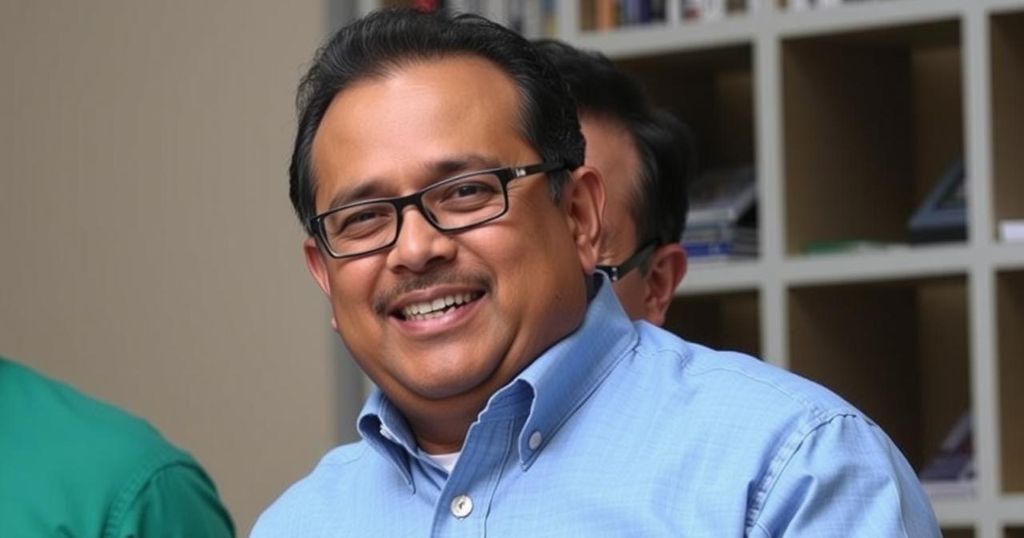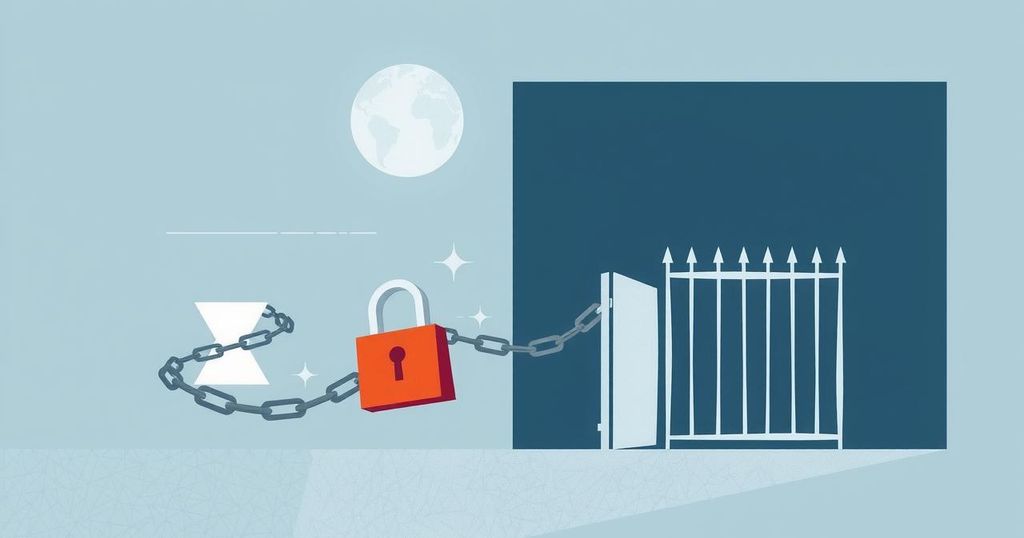Refocusing Democracy: The Case Against Reliance on Elections
In 2024, elections across numerous countries showed a significant disconnect from true democratic ideals, often serving to entrench autocracy and incite violence. Experts suggest a critical reevaluation of civic engagement practices to prioritize empowering citizens and fostering genuine democratic processes beyond traditional elections. The year’s events urge a shift in focus to mechanisms that enable meaningful governance and community participation.
As we usher in a new year filled with resolutions, one suggestion stands out: consider relinquishing the fixation on elections. This past year, characterized by widespread electoral events across more than seventy nations, has served as a stark reminder that elections and genuine democracy are not synonymous. Although over half of the world’s population participated in elections in 2024, the outcomes were far from the hopes of enhanced democracy. Instead, they significantly bolstered authoritarian regimes, incited violence, and exacerbated public dissatisfaction.
As articulated by Josh Lerner, co-executive director at People Powered, “Our obsession with elections is killing democracy.” Indeed, the billions of dollars poured into these electoral processes have not delivered representative governance. In numerous instances, elections have become tools of oppression. Freedom House reported alarming trends, including instances where incumbents sought to marginalize opposition or when voters had no meaningful options due to electoral manipulations.
Violence plagued many electoral contests; notable incidents included assassination campaigns against candidates in Mexico and South Africa, ethnic conflict during Indian elections, and attacks against political figures in various other nations. Furthermore, a troubling trend of ‘sore winners’ emerged, with those in power retaliating against adversaries even after electoral victories.
Despite some positive developments, such as peaceful transitions of power in countries like Senegal and Botswana, the overarching sentiment remains bleak. The events of 2024 highlight a critical paradigm: elections may be disempowering, fostering division rather than unity. Leonora Camner of Democracy Without Elections reminds us that elections often merely serve to stoke fear among the populace. To counteract this, there must be a shift towards empowering citizens to participate more meaningfully in governance, focusing on processes like citizen assemblies and participatory budgeting to enhance democratic engagement.
In light of these revelations, it is essential to rethink our allegiance to traditional electoral processes. The advocacy for a more robust democratic infrastructure, as suggested by Matt Leighninger of the National Civic League, points towards a potential path forward. By embracing changes that promote civic engagement and accountability, we may restore a sense of agency within our communities. Thus, as we step into the new year, let us not merely indulge in the cycle of elections, but instead strive towards fostering genuine democracy.
The article addresses the disillusionment surrounding electoral processes observed during the election year of 2024, highlighting the discrepancy between the ideals of democracy and the reality of electoral practices. It references the numerous elections held across the world in this year and how they have frequently been leveraged as instruments of oppression rather than avenues for reform. It underscores the alarming effects these practices have had on public sentiment and governance.
In conclusion, the events of 2024 reveal a profound crisis in the integrity of electoral systems worldwide. Instead of serving democracy, elections have become mechanisms that often entrench autocracy and exacerbate societal divisions. A strategic reevaluation of civic engagement practices is paramount to promote genuine democratic governance. This new year presents an opportunity to reforge the path to democracy beyond mere electoral participation.
Original Source: www.vcstar.com




Post Comment